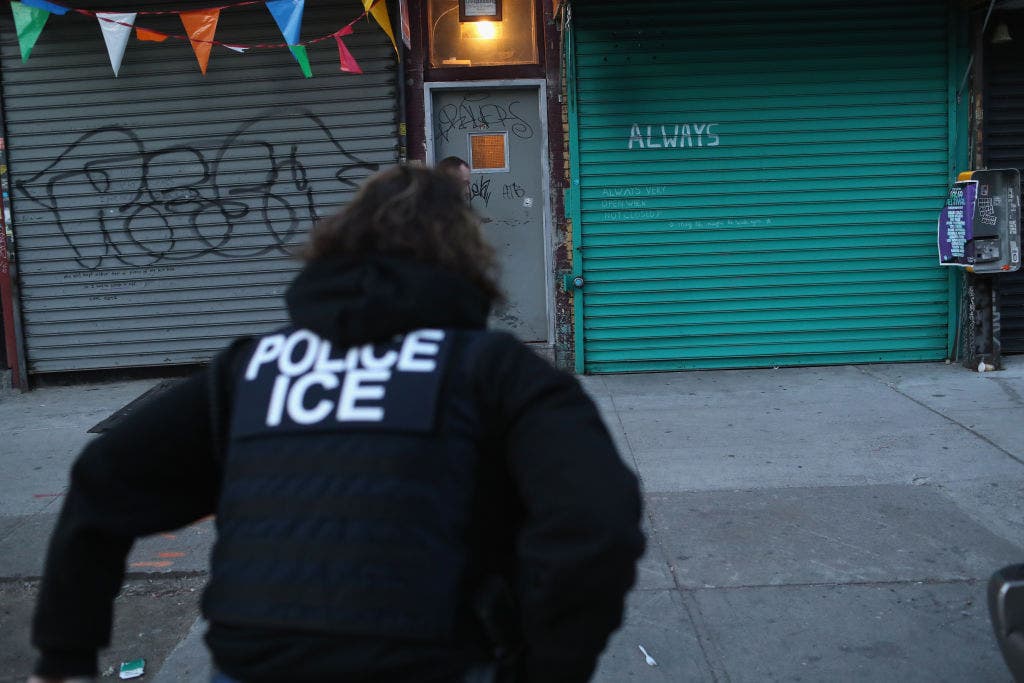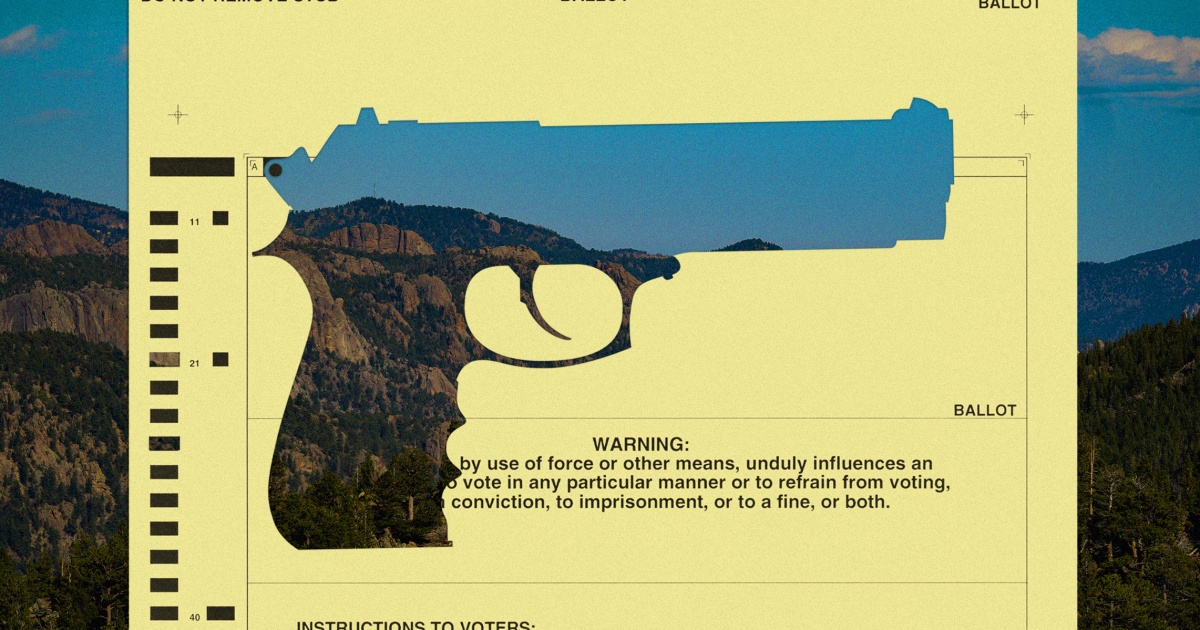No ballot will have a gun-related initiative led by voters this fall.
While seven states had tried to get 11 citizen-led firearm referendums on the ballot this year, all of them failed, according to Victoria Rose, who tracks the measures for the elections database Ballotpedia.
Seven of the proposals supported expanding gun rights, including one in Oregon that would have created a right to carry concealed firearms without a permit, Rose said.
Among the four proposed reforms, voters in Washington state wanted to ban assault weapon sales, while voters in California proposed requiring trigger locks on firearms and annual gun license renewals.
None of the 11 proposals had enough signatures to move forward, Rose said, which is not odd. Only six gun initiatives have made it to a vote since 2000, she said.
The lack of ballot measures pertaining to guns this year is a good thing, according to Christian Heyne, the chief programs and policy officer at Brady, a gun violence prevention organization. Heyne said it is a sign that state and federal legislators are enacting gun laws, meaning voters no longer have to take matters into their own hands.
“We have seen a historic pivot and change in state legislatures across the country to proactively legislate,” Heyne said.
Since 2012, states have passed more than 620 gun safety laws, advocates said. In 2022, President Joe Biden enacted the Bipartisan Safer Communities Act, the most significant gun safety law in nearly three decades. It provided grants to states for “red flag laws,” enhanced background checks to include juvenile records and also increased background checks for people 18 to 21, among other things.
“Some of this speaks to, in particular, just the way in which states have stepped up to do the right thing,” he said.
Heyne said progress today is “far different” than in 2016, a unique year that saw three states approve major gun restrictions.
That year, Nevada narrowly passed an amendment that expands background checks. Washington state widely supported the creation of a red-flag law, which allows police or family members to seek court orders to take guns away from people who may pose threats. In a landslide, voters in California greenlit proposals that strengthened gun laws.
“Out of necessity,” Heyne said, “I think that there was a huge upswell of public demand for gun laws to be passed and a feeling that if our legislatures are not going to take action, we are going to take action ourselves.”
But Randy Kozuch, the executive director of the NRA Institute for Legislative Action, pointed to major ways in which gun rights have expanded in the last few years.
In its first major ruling on a Second Amendment case in more than a decade, the Supreme Court in 2022 made it easier for millions of people to carry handguns in public. The court struck down a century-old concealed-carry provision in New York that required gun owners who want to carry a handgun outside their home to prove that they have a unique need for self-protection.
Kozuch said the number of states with constitutional carry laws also grew to 29 from 16 in the last three years, while 17 states enacted laws banning the tracking of firearm and ammunition purchases.
“Much to the dismay of gun control activists, Second Amendment rights have been protected and expanded through state legislatures and the judiciary,” he said. “Anti-freedom state legislatures are now seeing their unconstitutional laws challenged in the courts.”
There were no gun-reform initiatives on the ballot in the 2020 presidential election — in part due to the pandemic, which derailed in-person signature collecting, according to The Trace, a nonprofit news site that covers gun violence.
In 2022, an approved measure in Oregon — which the NRA-ILA billed as the “nation’s most extreme gun control initiative” — banned certain ammunition magazines and required background checks and law enforcement-issued permits.
This year, the only state measure up for vote that involves guns was brought by Colorado lawmakers, who need voter approval to levy an excise tax on firearms and ammunition.
The lawmakers are hoping the 6.5% tax on the manufacture and retail sale of guns and ammunition will spur millions of dollars earmarked for mental health resources, school safety and gun violence prevention, and other services.
On a local level, Memphis voters will be asked whether to amend the city charter to require a permit to carry a handgun, ban assault rifles and allow a red-flag law.
Last week, Tennessee Attorney General Jonathan Skrmetti said he does not support the proposals but would not challenge them if passed by the city council, even though they go against state laws.
Tennessee’s law allowing adults to carry handguns without a permit went into effect in 2021. In May, the state passed a law preventing local governments from enforcing red-flag laws.
In a statement, Skrmetti said the ballot initiatives were a “futile stunt that wastes time and money” and will not change the law.



